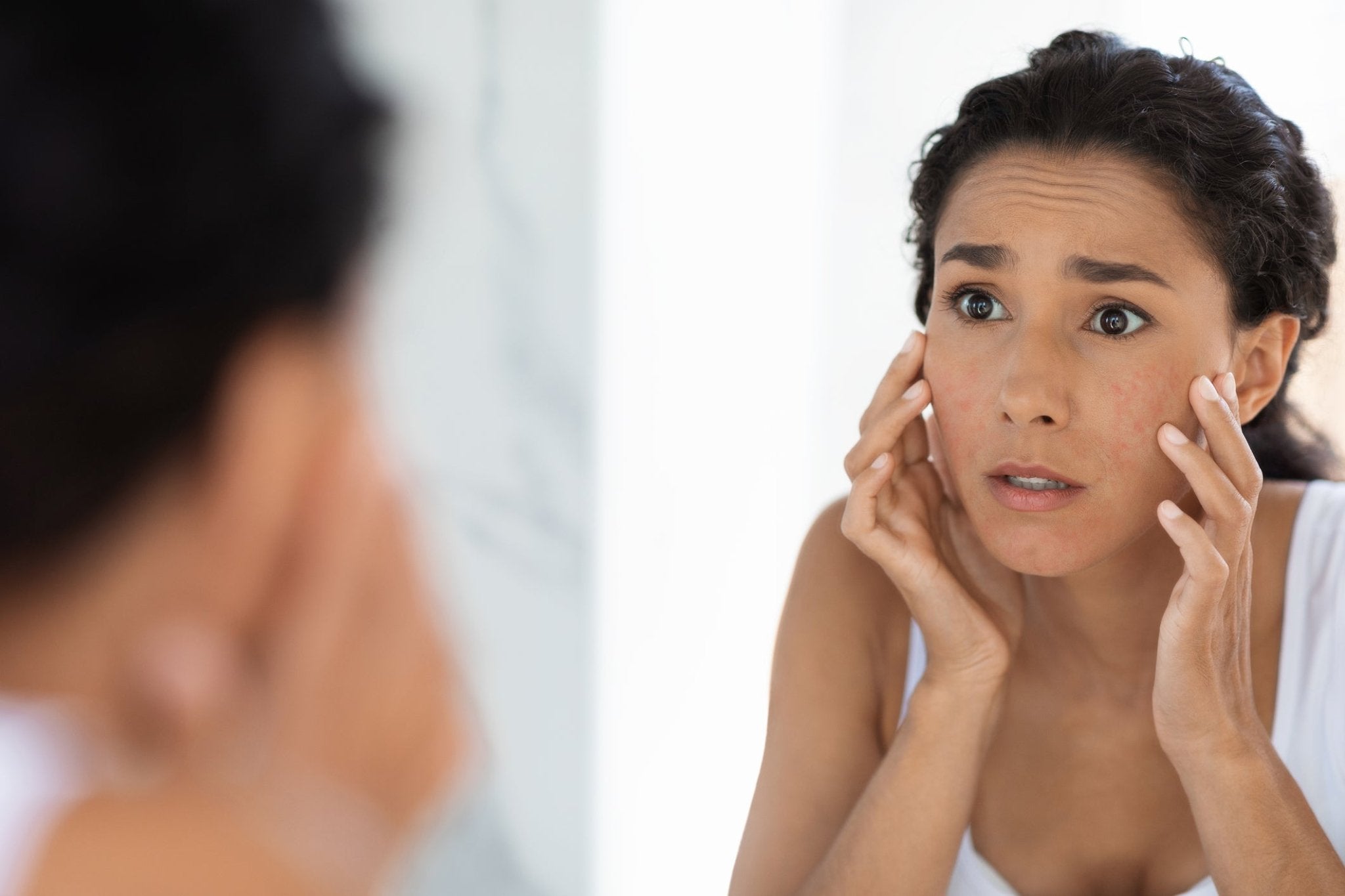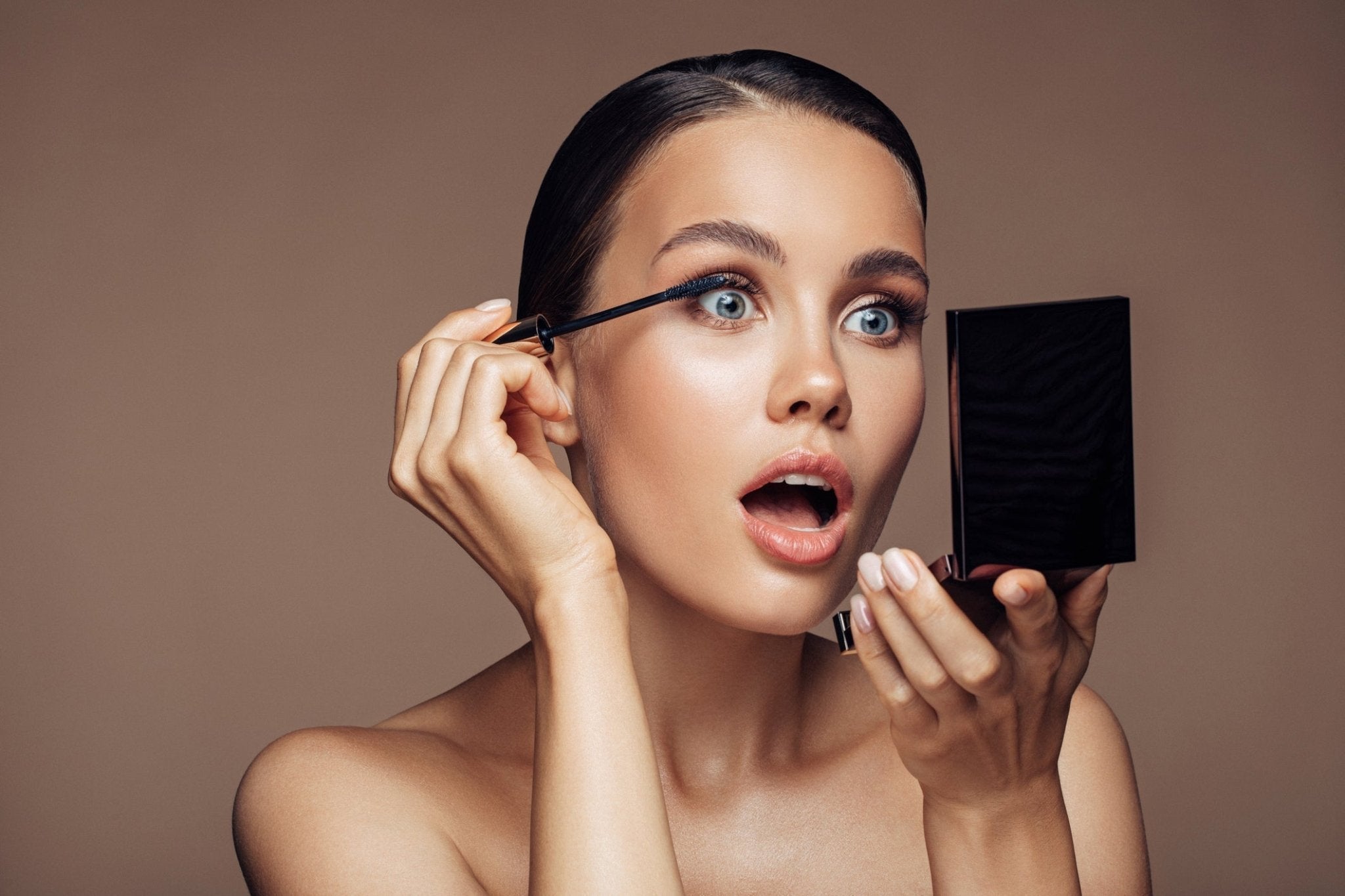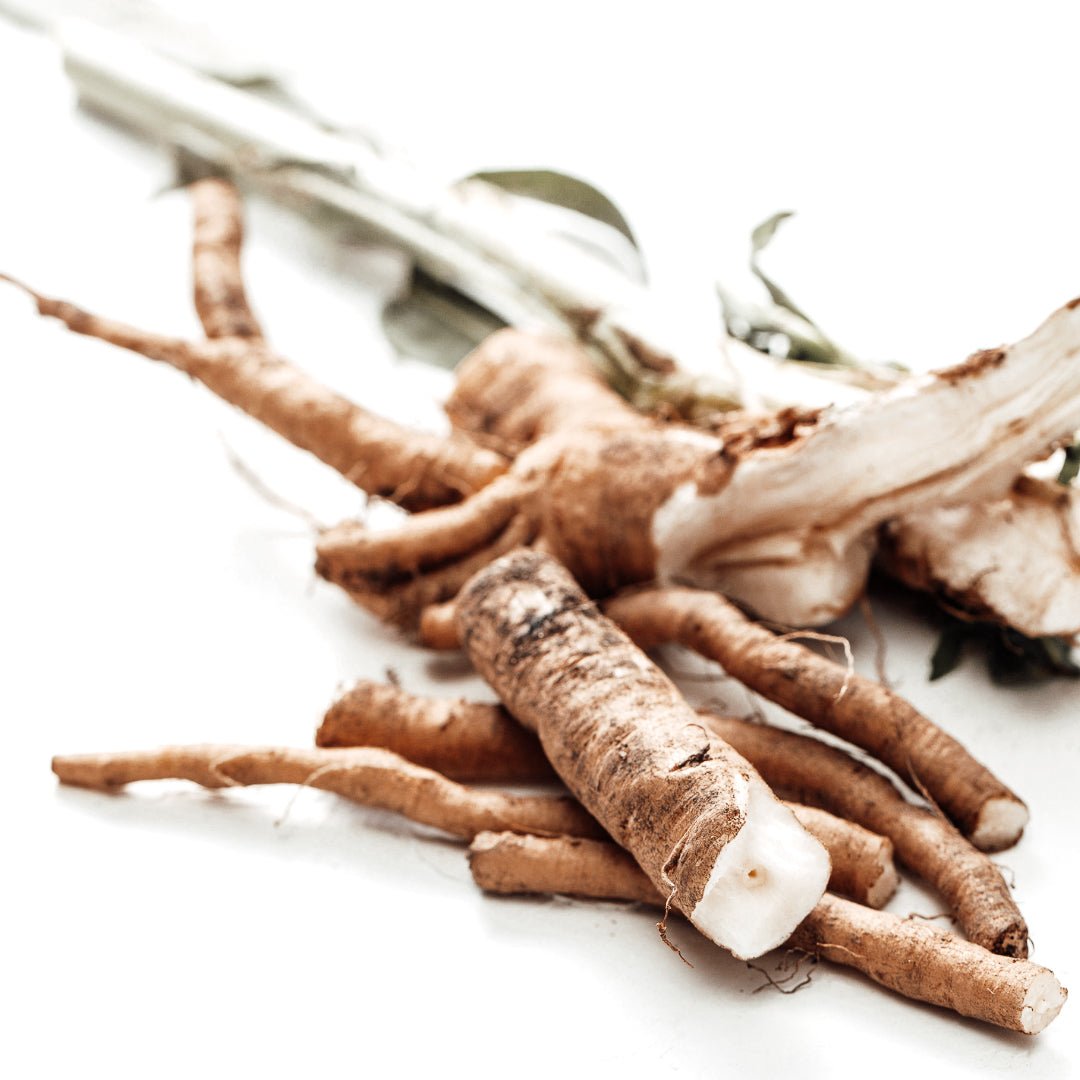It might be an overloaded work schedule, family illness or the small matter of a global recession or pandemic, but the stress-skin connection couldn’t be clearer. Skin can erupt at anything, but burning the candle at both ends is as likely to make your skin break out as much as a new ingredient it doesn’t like. The problem, though, is that you then get stressed about your skin, and so the stress-skin circle loops on and on.
If your skin is suffering at the moment then you're certainly not alone in your ride along the pressure/pimple axis as the experiences of the past few years have seemingly pushed our skin to the brink. A study carried out by cosmetic treatment specialist Uvence revealed that almost 4 million British women feel that the stress and anxiety caused by COVID-19 has caused them to age by at least five years, while research conducted by skincare brand Ceravae highlighted that 28% of American women cite increased stress as the sole factor to blame for their skin taking a turn for the worst. Seeing our stress literally mirrored back at us is unfortunately a common phenomenon, and the impact of sustained strain on our skin isn’t, according to experts, something to be swept under the carpet.
How stress affects your skin
While a little stress can give us our get-up-and-go (levels of stress hormone cortisol naturally peak in the morning), chronic stress leads to cortisol staging a takeover and depletes our skin’s vital defenses in the process according to consultant dermatologist Dr. Anjali Mahto:
“When we have spikes in cortisol and adrenaline, the skin is a target organ. These chemicals act to modulate skin blood flow as well as immune and inflammatory response. Adding to this mix, the skin itself is also able to directly produce these hormones in response to stress, further driving dysregulation of the skin's immune system."
“Stress, therefore, triggers changes in the skin via the brain and the sympathetic nervous system, but also directly affects the function of the skin itself. These mechanisms act together and can potentially lead to the worsening of inflammatory skin conditions.”
Spots of bother
If you’ve ever witnessed a crop of spots rising to the surface after a stressful episode, cosmetic dermatologist Dr. Tina Meder emphasizes that escalating cortisol could be the culprit:
“Cortisol increases the skin’s oil production, often causing us to breakout and intensifying flare-ups for those that are acne-prone.”
Consultant dermatologist Dr. Emma Craythorne explains that the interplay of women’s hormonal cycles with chronic stress can be particularly distressing for acne sufferers:
“Cortisol also naturally ramps up in the week before our period, making our skin oilier and more susceptible to acne.”
It’s not just those with acne that bear the brunt of spiraling cortisol levels on skin, either – consultant dermatologist Dr. Justine Kluk underlines that “physiological and psychological stress aggravates almost every skin condition,” while 30% of female atopic eczema patients notice flare-ups* in the week before their period when cortisol levels are elevated. Even if you don’t have a specific skin disease, stress taxes our body’s largest organ in some pretty unwelcome ways.
Cracking under pressure
Does your skin feel drier during or after a prolonged period of stress? You’re not imagining it according to dermatologist Dr. Howard Murad:
“Cortisol and stress hormones fatigue our bodies and could show in our skin as dehydration, sallowness, roughness and deep expression lines.”
While sebum production can go into overdrive, chronic stress can weaken our skin barrier, leading to lipid and water loss and leaving our skin cells less well equipped to fight off the pathogens and free-radical damage that leads to everything from premature aging to infection and irritation. Given that stress slows wound healing according to scientists at the University of Utah, it figures that general cell repair also gets put firmly on the back-burner when we’re burning the candle at both ends. So, what can we do to mitigate the impact of our apparently cortisol laced daily life?
The stressed skin soothers
Eliminating stress from our lives altogether is unrealistic, especially given the years we’ve just endured and future uncertainties, but coping strategies and a tailored stress management plan can go far to prevent the presence or echoes of chronic stress showing up on your skin.
The fact that stress ricochets across everything from our sleeping habits to our diet, our exercise routines and our working habits means that addressing stressed skin starts with confronting stress itself. That doesn’t necessarily need to involve taking up meditation or throwing your phone out of the window, as Dr. Mahto confirms:
“I'm not going to tout the benefits of yoga here, but I do think that you need to find an outlet that works for you, be it breathing exercises, listening to your favorite music, working out, reducing screen time, cooking or simply culling your social media feed so it includes only things that make you feel good."
“If finances allow, then professional help from a clinical psychologist can be a key method in supporting you through the journey with your skin. When it comes to skin problems and stress, the end goal is always to have you in a position where you are in control of your skin - and that your skin is not controlling you.”
SOS skincare
Skincare can also support your skin’s stress-resisting capacity (but it can also sabotage it, such is life). Dr. Craythorne warns against “staging chemical warfare” when it comes to addressing the visible signs of stress, and advises reaching for skin barrier supporting formulas and products that address your unique skin concerns. Basically, don’t just panic and throw the entire bathroom shelf at that fresh wrinkle, patch of eczema or spot that’s recently come to a head.
Where 35 Thousand products come in
We're not suggesting you go cold turkey on all products either. The right skincare regime can be a life saver in the midst of a skincare crisis - not only can the semi-meditative routine of applying skincare ease tension in itself, but there are specific ingredients that could really take the heat out of things.
35 Thousand products have been formulated to help keep skin calm through stressful times. Containing no artificial fragrance, artificial colors, essential oils, harsh acids or foaming agents (all of which can be hugely aggravating to already inflamed skin) each product has the OTG-7 Complex at its core which contains irritation, redness and inflammation-reducing Frankincense as well as Wild Indigo extract, which stimulates the release of a calming neuropeptide to further counter cortisol. We've also packed each of our products with moisture-attracting ingredients such as glycerin and fatty acid rich oils, which can support barrier function and help stop aggravation.
In stressful times, our multitasking Really Radiant Cream is like therapy for skin. Not only does it contain the above OTG – 7, but it's also the perfect partner for inflamed skin as it also contains Ximenynic Acid, which can be highly effective in reducing inflammation. And if dehydration is your issue, then the skin-quenching encapsulated high-weight hyaluronic acid is transformative for skin that’s cracking up. Applied morning or night, it’s safe to use around the eye area, or (the dream) keep it in the fridge for a powerful depuffing, redness-reducing treatment. Just smooth onto clean skin and (try to) chill out.
*https://www.nursingtimes.net/archive/eczema-atopic-19-02-2009/
Shop all 35 Thousand products here



